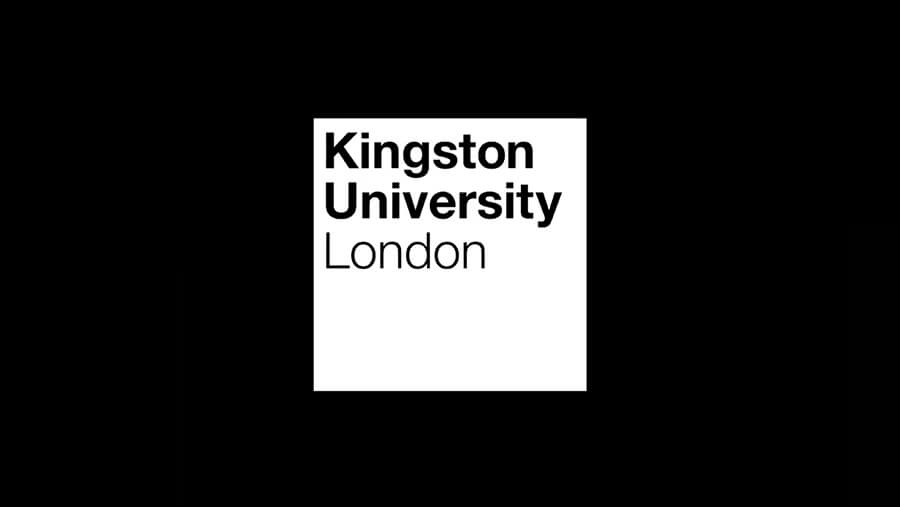Are you considering a career in computer science? Whether you know the subject or not, this course at Kingston can make you an expert.
You can study specialist areas of computer science that are relevant to the career you want. Some modules reflect the most in-demand sectors in the industry, such as software engineering, project management, user experience design, web and mobile app development, networking, and network security.
You'll graduate having gained experience in applying your expertise to real-world problems. With a portfolio of products and artifacts to showcase your work, you'll be ready to begin a professional career.
Reasons to choose Kingston University
Kingston specializes in a wide variety of areas, including artificial intelligence, robotics, cyber security, games programming, and user experience design.
To set the material in context as well as inspire our students, we invite leading practitioners from the industry, such as Google and IBM to give guest lectures and workshops.
You'll graduate with specialist technical knowledge, skills and, a scientific mindset.














